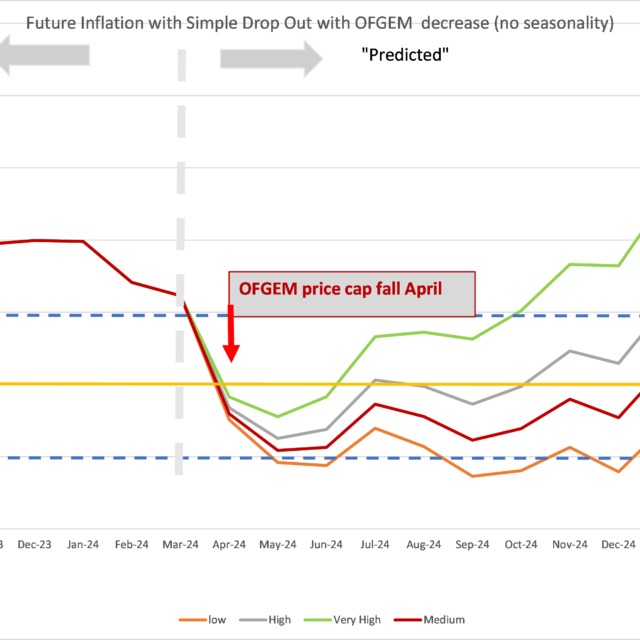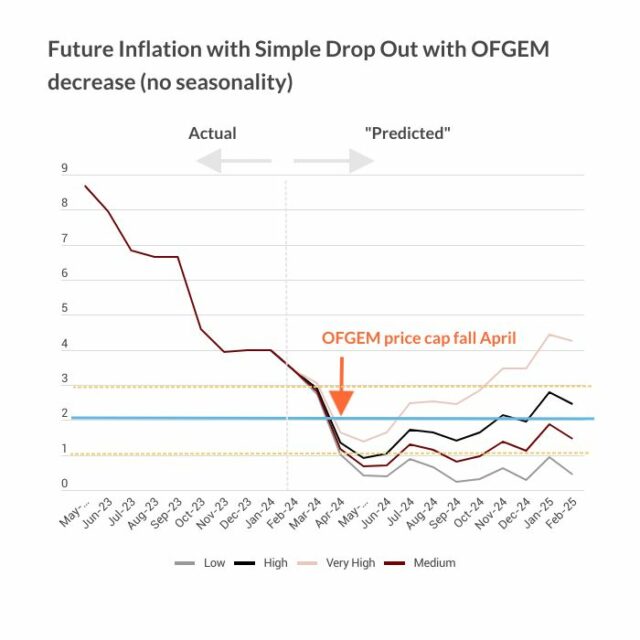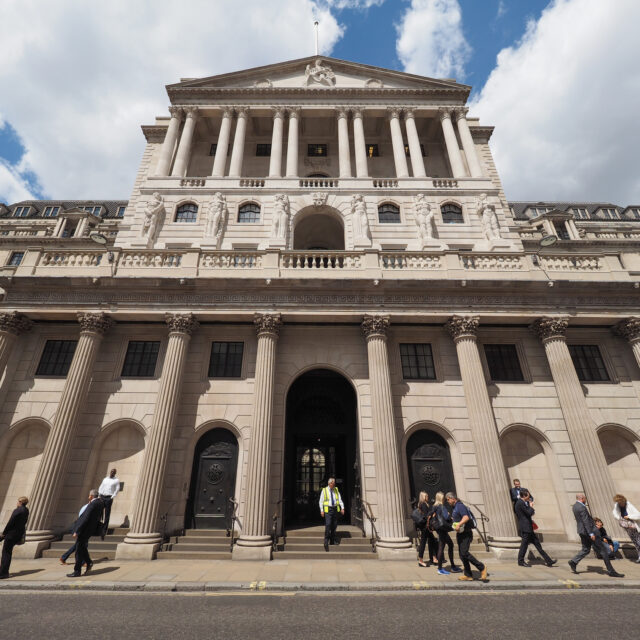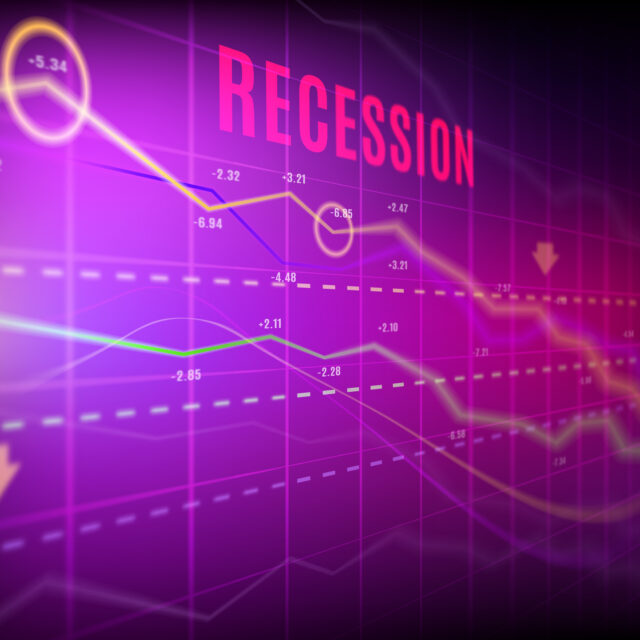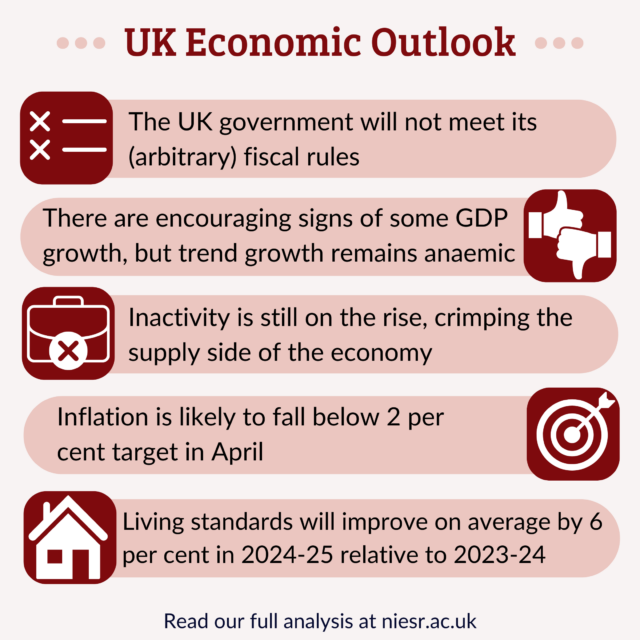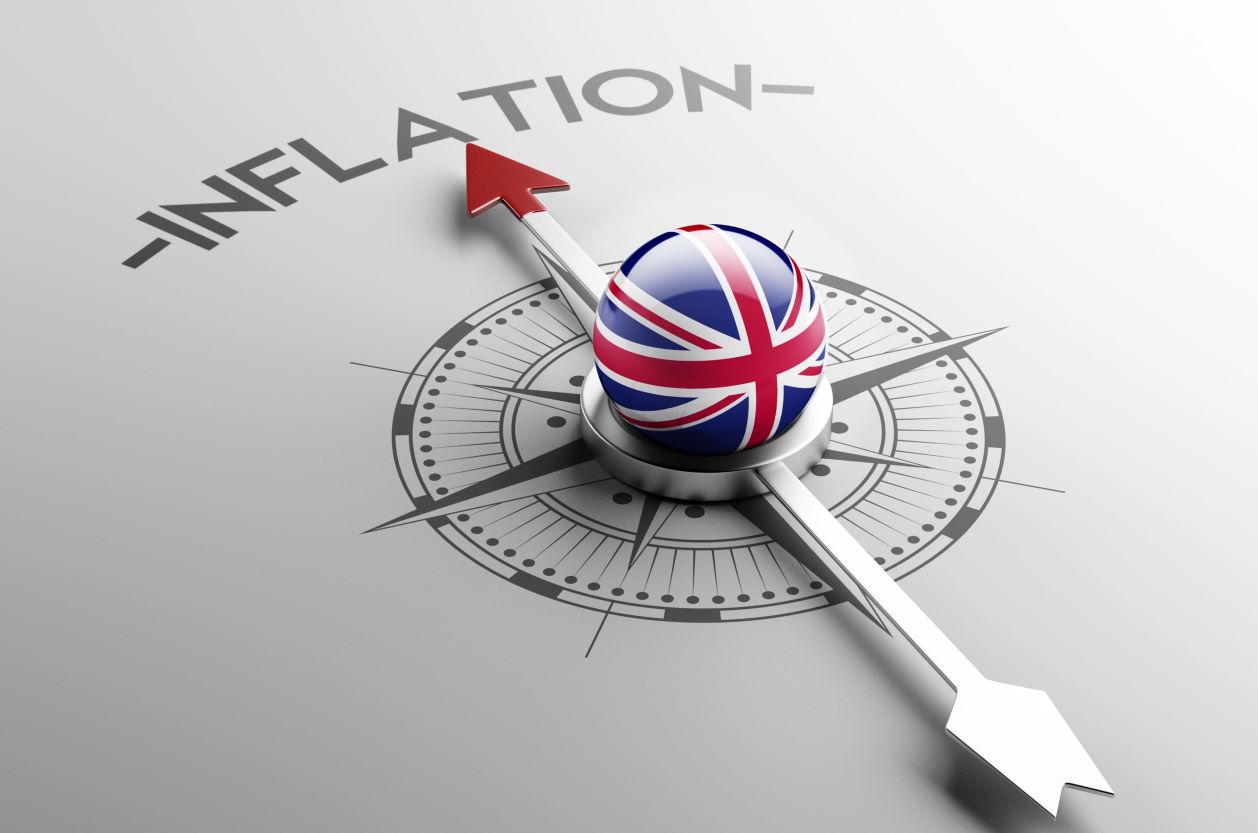Revisiting the Effect of Brexit
The decision to leave the European Union has significantly shaped the UK economic landscape since the 2016 referendum. Over the ensuing years, the United Kingdom has experienced an economic environment characterised by low growth and, since the Covid-19 pandemic, high inflation. As we approach the fourth anniversary of the official departure from the European Union, we are better able to assess its impact on the economy.
 Pub. Date
Pub. Date
16 November, 2023
 Pub. Type
Pub. Type
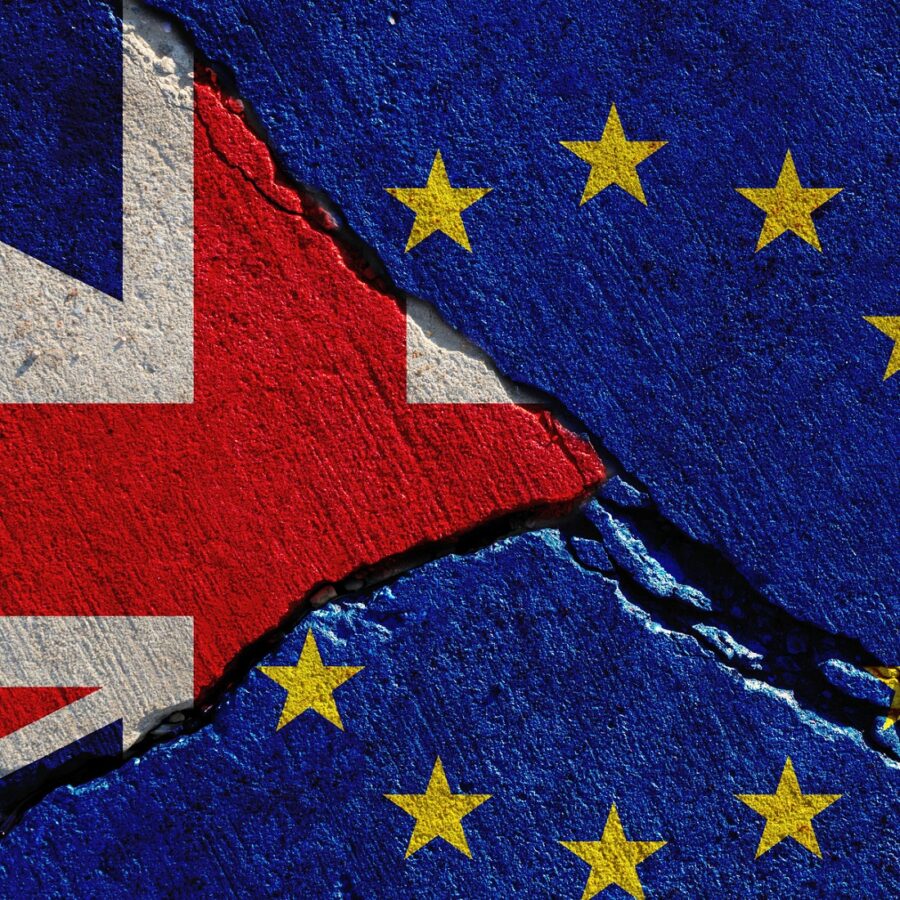
Main points
- The United Kingdom has experienced slower economic growth following the global financial crisis and its exit from the European Union. Our estimates suggest that had the post-2010 trends been sustained, real income and private consumption per capita could have been 8-9 per cent and 11-12 per cent higher than current figures, respectively.
- The difference between pre-pandemic trends and the current outlook cannot be solely ascribed to Brexit, considering the substantial economic disruptions caused by the Covid-19 pandemic and the Russia-Ukraine conflict in the post-Brexit era. A model-based approach is required to help identify the effect of Brexit on UK economic performance amongst these other factors.
- As a point of departure, we revisit the impact of Brexit on the UK economy considering the EU-UK Trade and Cooperation Agreement (TCA). We have modelled several macroeconomic factors affecting the UK economy associated with the beginning of the TCA in 2021: a trade decline with the European Union and an associated reduction in the UK terms of trade, a reduction in productivity, and a permanent reduction in the willingness to invest in the United Kingdom. In addition, we assume agents in 2016 (i.e., once the referendum result was known) perfectly anticipated that these shocks would happen in 2021.
- These estimates suggest that Brexit had already reduced UK real GDP relative to the baseline by just under one per cent in 2020 as consumers and businesses adapted their expectations even before the TCA came into force. Our estimates further suggest that three years after the transition period, UK real GDP is some 2-3 per cent lower due to Brexit, compared to a scenario where the United Kingdom retained EU membership. This corresponds to a per capita income loss of approximately £850.
- Our estimates indicate that the negative impact of Brexit gradually escalates, reaching some 5-6 per cent of GDP or about £2,300 per capita by 2035. The reduction in real incomes resulting from the fall in the UK terms of trade associated with changes in trading relations with the European Union and the fall in productivity are the largest contributors to the estimated reduction in real GDP, with each accounting for over 2.5 percentage points.


